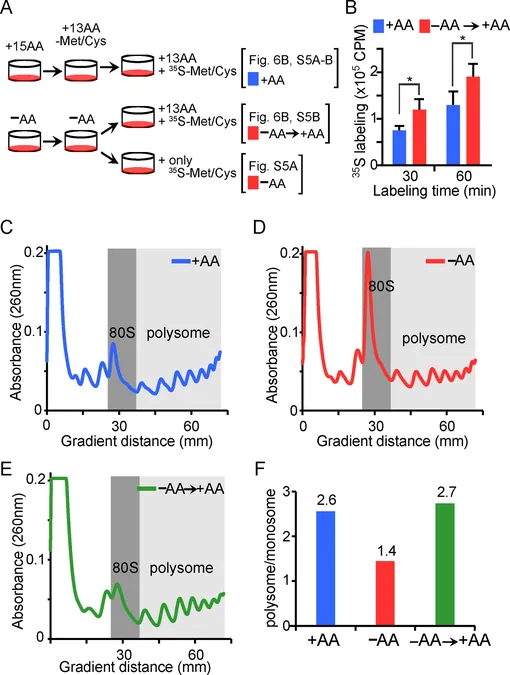
Hackers Target Godot Engine: A New Malware Threat for Gamers and Developers
2024-12-03
Author: Nur
Introduction
In a troubling development for the gaming community, a recent report from Check Point Research (CPR) has revealed that hackers are exploiting the Godot Engine to distribute malware. While computer viruses may not be as rampant as they were in the past, cybercriminals continue to seek out vulnerabilities in software, and Godot has become a prime target.
Malicious Exploitation of GDScript
The report details how malicious actors have been utilizing Godot's custom scripting language, GDScript, since June 2024, to insert harmful code into games. This method is particularly dangerous because the malware can evade detection by conventional antivirus software. A group of hackers, identified as the Stargazers Ghost Network, has been disseminating a malware loader known as GodLoader, which has reportedly compromised over 17,000 devices, with estimates suggesting that around 1.2 million gamers could be impacted.
How GodLoader Operates
So, how exactly does GodLoader operate? It exploits Godot's .pck files—files that package game assets and resources. These files can be loaded dynamically, allowing developers to push updates or additional content without changing the core game executable. While .pck files typically contain harmless music or graphics, they can also include executable GDScript code. This is where the risk escalates: when a game loads a .pck file, it can run the embedded scripts, potentially executing harmful actions without the player's knowledge, including downloading and deploying additional malware.
Why GDScript is Preferred by Hackers
The capabilities of GDScript empower hackers with various tactics, including evading detection by sandbox environments or virtual machines, making it a preferred choice for cyber criminals looking to execute their malicious payloads undetected.
Response from Godot Security Team
In light of these findings, the Godot security team has responded with an official statement addressing the vulnerability. They clarified that the ability to write malware exists in any programming language, including popular ones like Python and Ruby. They emphasized, "We do not believe that Godot is particularly more or less suited to do so than other such programs." They also reassured the community that the malware loader is not part of the official Godot Engine or any games distributed through vetted platforms like Steam, Google Play, or the App Store, urging users to be cautious and only download from reputable sources.
Conclusion
This revelation serves as a vital reminder for developers and gamers alike to stay vigilant. With the rise of cyber threats, maintaining good cybersecurity practices, such as avoiding dubious downloads, could be the key to protecting oneself from these malicious intrusions. As technology evolves, so too do the tactics of cybercriminals, making awareness and caution more crucial than ever in the digital landscape.




 Brasil (PT)
Brasil (PT)
 Canada (EN)
Canada (EN)
 Chile (ES)
Chile (ES)
 Česko (CS)
Česko (CS)
 대한민국 (KO)
대한민국 (KO)
 España (ES)
España (ES)
 France (FR)
France (FR)
 Hong Kong (EN)
Hong Kong (EN)
 Italia (IT)
Italia (IT)
 日本 (JA)
日本 (JA)
 Magyarország (HU)
Magyarország (HU)
 Norge (NO)
Norge (NO)
 Polska (PL)
Polska (PL)
 Schweiz (DE)
Schweiz (DE)
 Singapore (EN)
Singapore (EN)
 Sverige (SV)
Sverige (SV)
 Suomi (FI)
Suomi (FI)
 Türkiye (TR)
Türkiye (TR)
 الإمارات العربية المتحدة (AR)
الإمارات العربية المتحدة (AR)